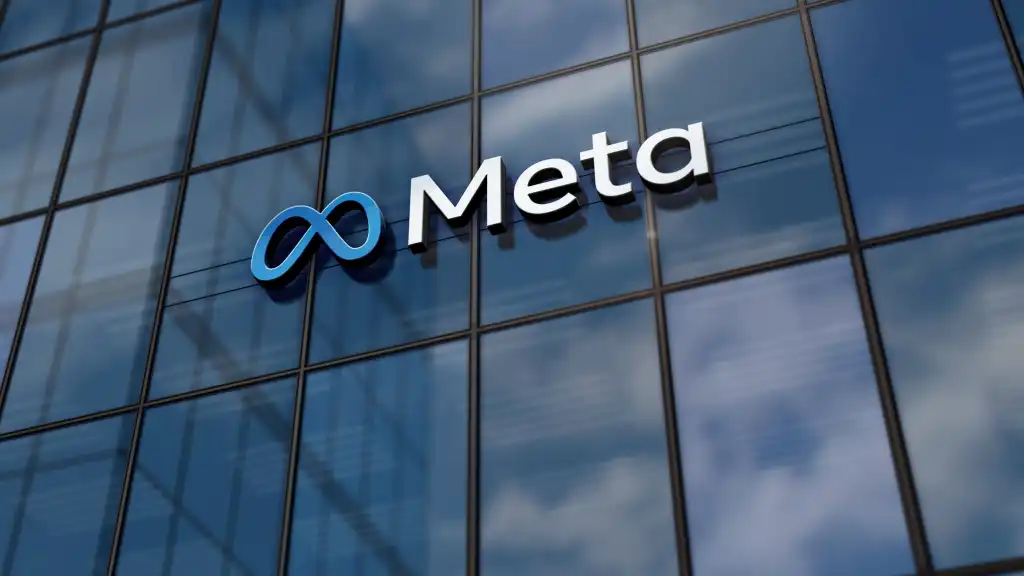Meta to Invest $72 Billion Toward AI Infrastructure in 2025
Meta is investing in the physical and technical infrastructure required to expand its AI ambitions.
In its second-quarter earnings report on Wednesday, the organization disclosed that it intends to increase its expenditures on AI infrastructure, including servers and data centers, by more than twofold.
“We anticipate that 2025 capital expenditures, which include principal payments on finance leases, will be in the range of $66-72 billion, with a midpoint increase of approximately $30 billion year over year,” Meta stated.
Meta intends to sustain this aggressive capital growth through 2026. The company anticipates a comparable substantial increase in expenditures on AI infrastructure in the upcoming year, as it continues to “aggressively [pursue] opportunities to bring additional capacity online to meet the needs of [its] artificial intelligence efforts and business operations.”
“We anticipate that the development of the most advanced AI infrastructure will be a critical advantage in the development of the most exceptional AI models and product experiences. Consequently, we anticipate that we will increase our investments significantly in 2026 to facilitate this endeavor,” stated Susan Li, Meta’s Chief Financial Officer, during the company’s earnings call on July 30.
The first of the two main AI “titan clusters” announced by Meta is Prometheus in Ohio, which is expected to be among the first AI superclusters to reach 1 gigawatt of compute capacity when it is operational in 2026.
Then there is Hyperion, a cluster in Louisiana that Meta CEO Mark Zuckerberg has boasted would have a footprint the size of Manhattan and could scale up to 5 gigawatts over the course of several years.
Additionally, Meta is currently developing numerous titan-scale clusters that remain unidentified.
Meta’s data center initiatives are expected to absorb an amount of energy equivalent to that required to power millions of households, sourcing the electricity from local communities.
Some residents’ residences have already experienced water shortages as a result of one of the organization’s initiatives in Newton County, Georgia.
In its earnings report, Meta also disclosed that it anticipates employee compensation to be the second-largest generator of growth.
The company is investing millions, and potentially billions, to recruit experienced AI engineers and researchers to join Meta’s recently established business unit, Superintelligence Labs.
Zuckerberg articulated his vision for “personal superintelligence” prior to the company’s earnings announcement.
This concept posits that AI should assist individuals in leading their most fulfilling lives, primarily through the use of Meta’s smart eyewear and virtual reality devices.
Investors responded to Meta’s strong quarterly performance and improved-than-anticipated third-quarter outlook by increasing its stock by 10% in the after-hours trading session.
Meta’s revenue in the second quarter was $47.5 billion, and it is anticipated to reach between $47.5 billion and $50.5 billion in the third quarter.
Meta’s revenue growth was driven by advertising, which was facilitated by AI tools such as AI-powered translations and video generation. These tools enabled advertisers to develop more targeted and meaningful campaigns.
Nevertheless, the Reality Labs segment of the organization experienced a $4.5 billion loss.
news via inbox
Get the latest updates delivered straight to your inbox. Subscribe now!




